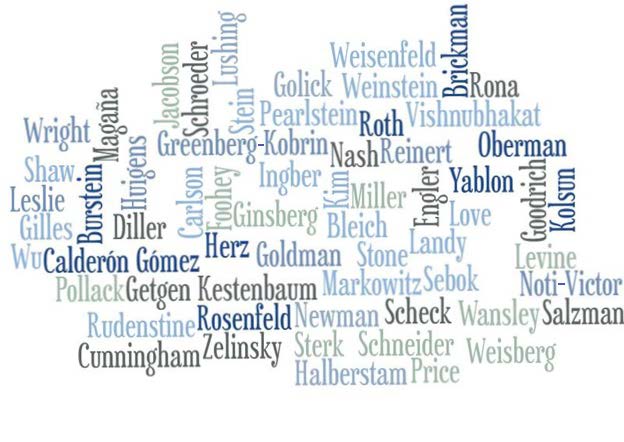Publication Date
2017
Journal
Boston University Law Review
Abstract
On November 20, 2014, President Obama, frustrated by congressional inaction on immigration, announced an ambitious and potentially transformative prosecutorial discretion policy to forego the deportations of millions of low priority undocumented immigrants. That announcement immediately sparked legal challenges, which quickly wound their way to the Supreme Court, and a nationwide debate about the limits of the President’s prosecutorial discretion authority. President Obama’s actions are part of a larger trend whereby modern presidents have increasingly used robust assertions of prosecutorial discretion powers to achieve policy goals that they could not realize through legislation.
There are clear dangers in allowing a president to wield excessive prosecutorial discretion power. Taken to an extreme, in the context of the vast modern administrative state, a president could significantly undermine the will of Congress across a wide array of subject areas and, thereby, upset the separation of powers enshrined in the Constitution. This legitimate concern has led some to argue that a president should not be permitted to exercise prosecutorial discretion categorically or based on her own normative view of the public interest. Categorical normative prosecutorial discretion policies pose the greatest risk of infringing on Congress’ primary policy making role; however, excising normative judgments and agency wide policies is entirely unworkable. The core purposes of prosecutorial discretion — justice, mercy and societal utility — all necessarily require the President to make independent judgments about the wisdom of prosecution. Limiting prosecutorial discretion to case-by-case determinations would be at odds with historic and modern practice and would significantly undermine the institutional design goals of transparency, uniformity and accountability.
This Article suggests a new way to think about the boundaries of the President’s prosecutorial discretion authority. Specifically, I propose that the nature of prosecutorial discretion power is dependent on the context of enforcement and that the power is at its zenith when a president exercises her discretion to protect physical liberty. It is in the liberty deprivation context where historical precedent, the Constitution’s structural bias against liberty deprivation and the textual sources of prosecutorial discretion powers all militate in favor of robust presidential powers as a necessary check against excessively punitive statutory schemes.
Volume
97
First Page
489
Publisher
Boston University School of Law
Keywords
immigration, prosecutorial discretion, presidential power, executive action
Disciplines
Law
Recommended Citation
Peter L. Markowitz,
Prosecutorial Discretion Power at its Zenith: The Power to Protect Liberty,
97
B.U. L. Rev.
489
(2017).
https://larc.cardozo.yu.edu/faculty-articles/290


